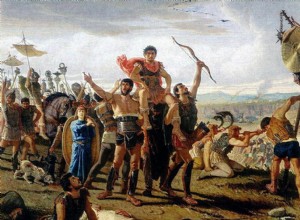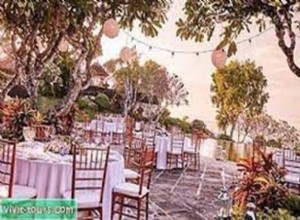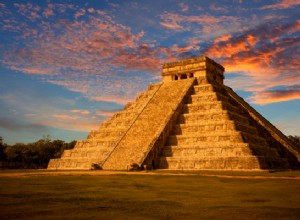When we talk about a slave rebellion in Ancient Rome, the name of Spartacus inevitably comes to mind. It is logical for several reasons, from the dimensions of the revolt -which came to threaten the capital itself- to the legendary tone that it reached thanks to novels and movies, through the fact t




